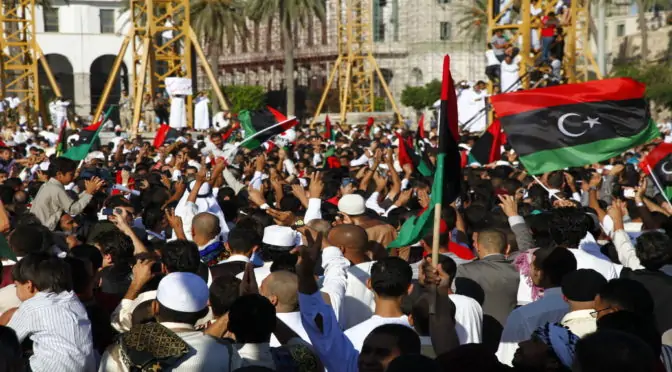As events accelerate both within Syria on the battlefield and in the region, this article monitors and analyse these developments. It seeks to answer the question: do the unfolding states of affairs increase, or on the contrary decrease, the likelihood to see an intensification of Turkish escalation against the Syrian Kurds and, de facto, Northern Syria? We shall look first at the race that is taking place on the Syrian battlefield around the Battle of Raqqa and towards Deir es-Zor, there addressing furthermore the entrance of a new level of Iranian influence. We shall then turn to the evolving crisis around Qatar, pointing out notably impacts on Turkey and how that crisis and the Battle of Raqqa feed into each other to heighten the risk to …
Continue reading “The Middle East Powder Keg and the Great Battle for Raqqa”











